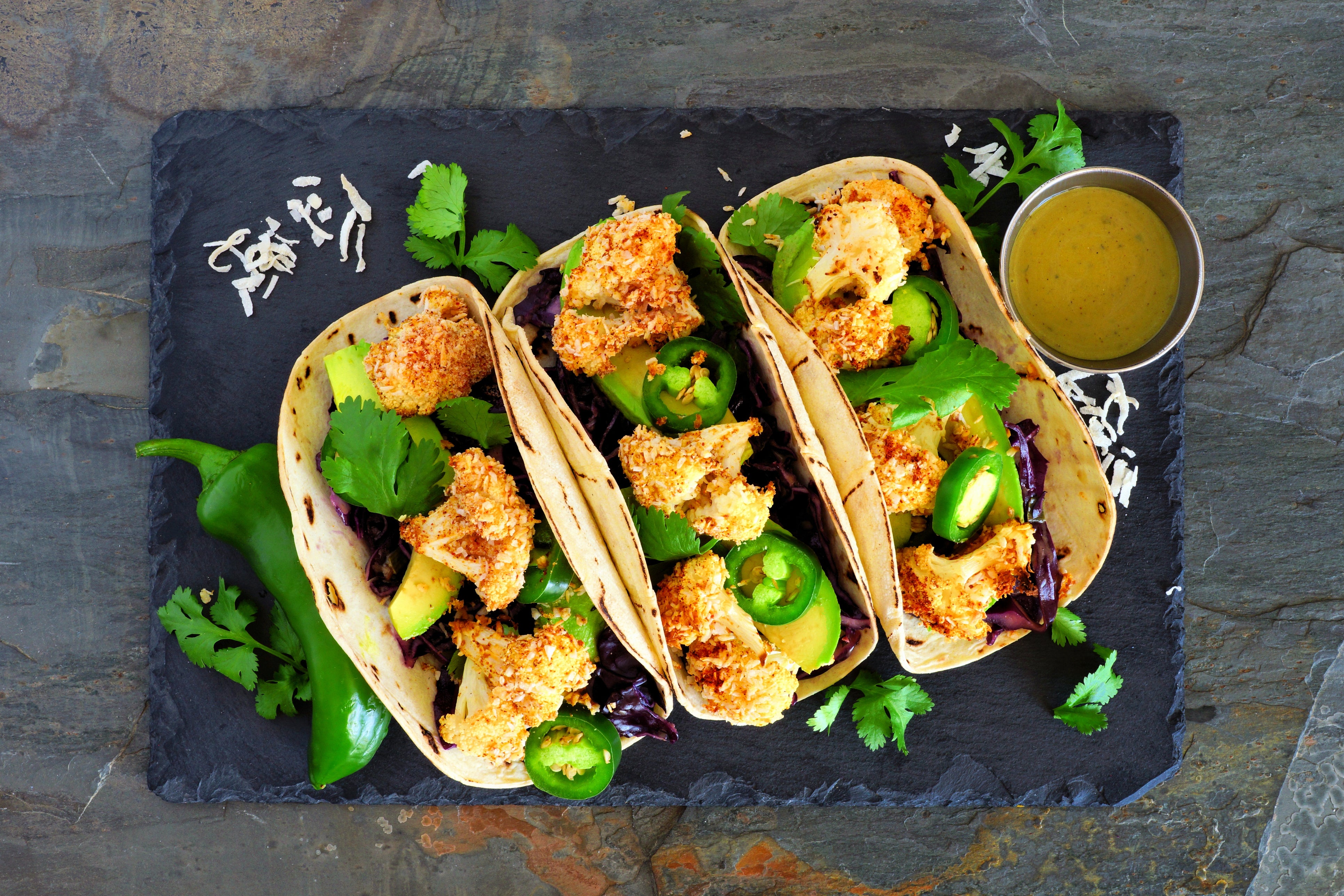If you can’t go ‘full vegan’ to help the climate, why not try 90 per cent?
We can all chip in and help by altering our eating habits, even if we don’t commit to a fully plant-based diet


Your support helps us to tell the story
From reproductive rights to climate change to Big Tech, The Independent is on the ground when the story is developing. Whether it's investigating the financials of Elon Musk's pro-Trump PAC or producing our latest documentary, 'The A Word', which shines a light on the American women fighting for reproductive rights, we know how important it is to parse out the facts from the messaging.
At such a critical moment in US history, we need reporters on the ground. Your donation allows us to keep sending journalists to speak to both sides of the story.
The Independent is trusted by Americans across the entire political spectrum. And unlike many other quality news outlets, we choose not to lock Americans out of our reporting and analysis with paywalls. We believe quality journalism should be available to everyone, paid for by those who can afford it.
Your support makes all the difference.Veganism is a bit of a touchy subject. It’s a point of contention for a vocal core of angry meat eaters (even though no one has any interest in force-feeding them lentils) and for some vegans too, but at least they have the whole ecological crisis thing on their side.
Sadly, veganism has become another “culture war” issue, when choosing vegan products and plant-based meals should be seen as common sense if you’re keen on there being a habitable planet for your kids and grandkids to live on.
Meat accounts for nearly 60 per cent of all planet-heating greenhouse gases from food production – double the pollution generated by growing and processing plant-based foods. The meat industry is one of the main players responsible for the slashing and burning of the Amazon rainforest, plus other areas of Brazil, Argentina and Paraguay, causing devastating forest fires. Meat production threatens biodiversity and is linked to land grabs and the human rights abuses of indigenous people in Brazil and elsewhere.
Intensive factory farms, which supply the majority of meat in the UK, are not places where animals live (or die) with anything even approaching dignity. And research shows that avoiding meat and dairy is the single biggest action you can take to reduce your impact on the planet. It’s a no brainer, right?
We can all chip in by altering our eating habits, even if we don’t commit to a fully plant-based diet. I’m not a vegan but I do care about the climate crisis and want to do my bit to reduce the pressure on our beautiful planet. Some might argue that I can’t really care, or I don’t care enough, but the reality is that it’s better to do something (even if it’s not done perfectly) than to do nothing.
I find it extremely difficult to abide by rigid dietary rules because I’ve struggled with eating disorders for more than a decade. Telling myself “thou shalt not eat x ever again” throws me back into restrictive patterns. Maybe I’ll be ready to embrace full veganism in the future; I wouldn’t ever rule it out.
The approach that works for me, and might work for you too, is a flexible one. I prepare vegan dishes for as many meals as possible and vegetarian ones the rest of the time, and I try to choose plant-based options when I’m eating out. But if I’m poorly and all I can think about is a bowl of chicken soup, then I’ll have it.
That’s what I do, and it’s far from perfect but it’s workable for me, my mental health and my lifestyle. For you, pledging your commitment to the planet might mean switching one or two meals a week from meat to a plant-based alternative. Or picking lunch options at work that don’t have animal products in them. Or going completely vegan, which is the most environmentally friendly option.
Every time you make a climate-conscious change to your diet, you’re doing something positive rather than falling into the trap of thinking that if it’s not full veganism, then sod it, you might as well just eat meat in every meal.
According to YouGov, 14 per cent of people in the UK consider themselves “flexitarians” and consume a mostly plant-based diet, more than double the number of pescatarians, vegetarians and vegans combined.
If being flexible allows you to make a long-term dietary commitment to the planet, it’s surely better than a quick burst of fervent veganism, then getting totally demoralised and falling back into the arms of a bacon sandwich every morning.
Research from Oxford University scientist Joseph Poore found that if every family in the UK swapped a meal of red meat to something plant-based just once a week, the environmental impact would be equivalent to taking 16 million cars off the road. Making climate-conscious diet choices matters, even if you aren’t 100 per cent eating vegan, 100 per cent of the time.
So chuck some Quorn nuggets into the oven. Squeeze out a big pool of ketchup for dipping. Let yourself feel good about choosing plant-based for this meal, and hopefully, you’ll want to do it for the next one too.
Join our commenting forum
Join thought-provoking conversations, follow other Independent readers and see their replies
Comments